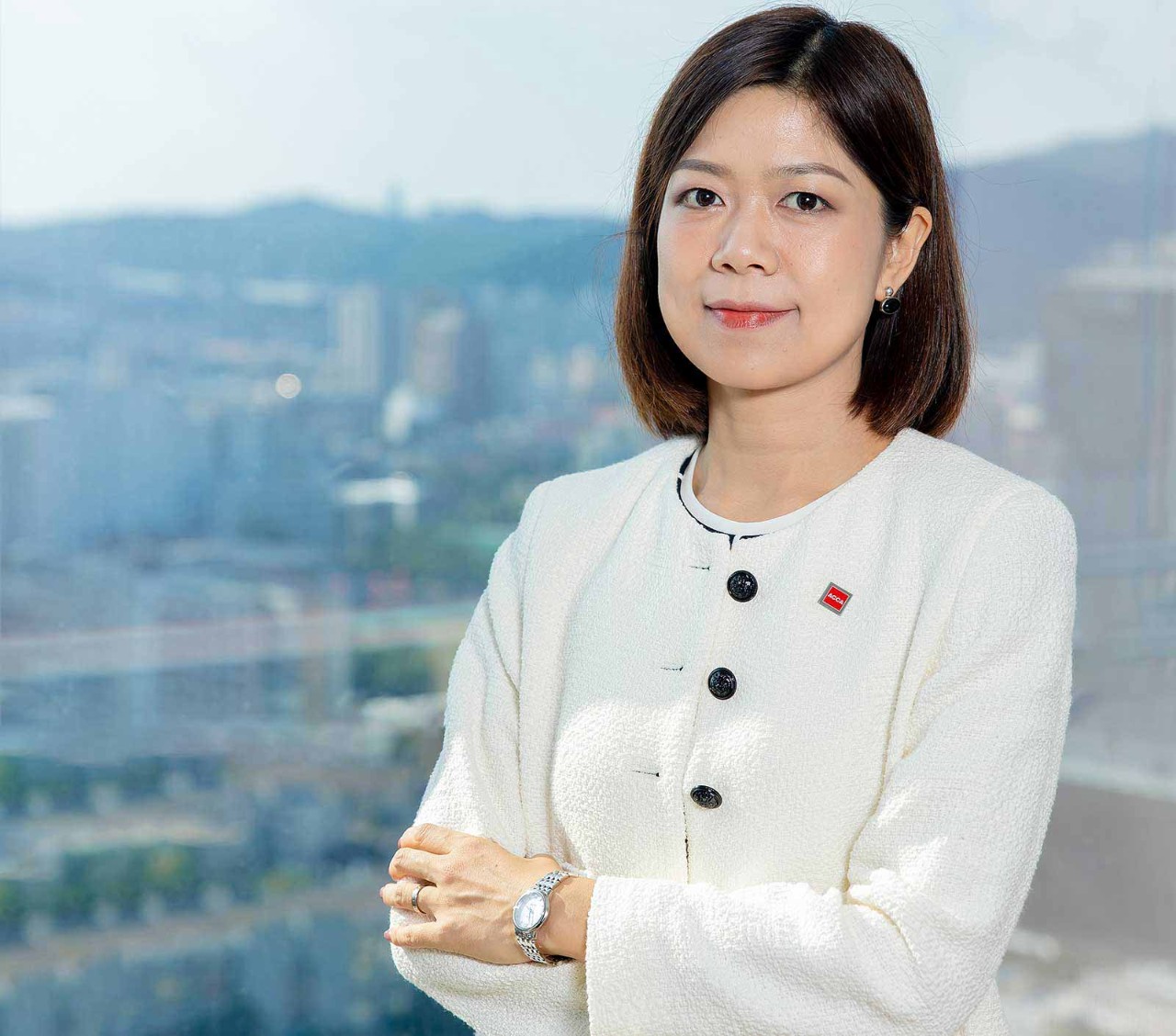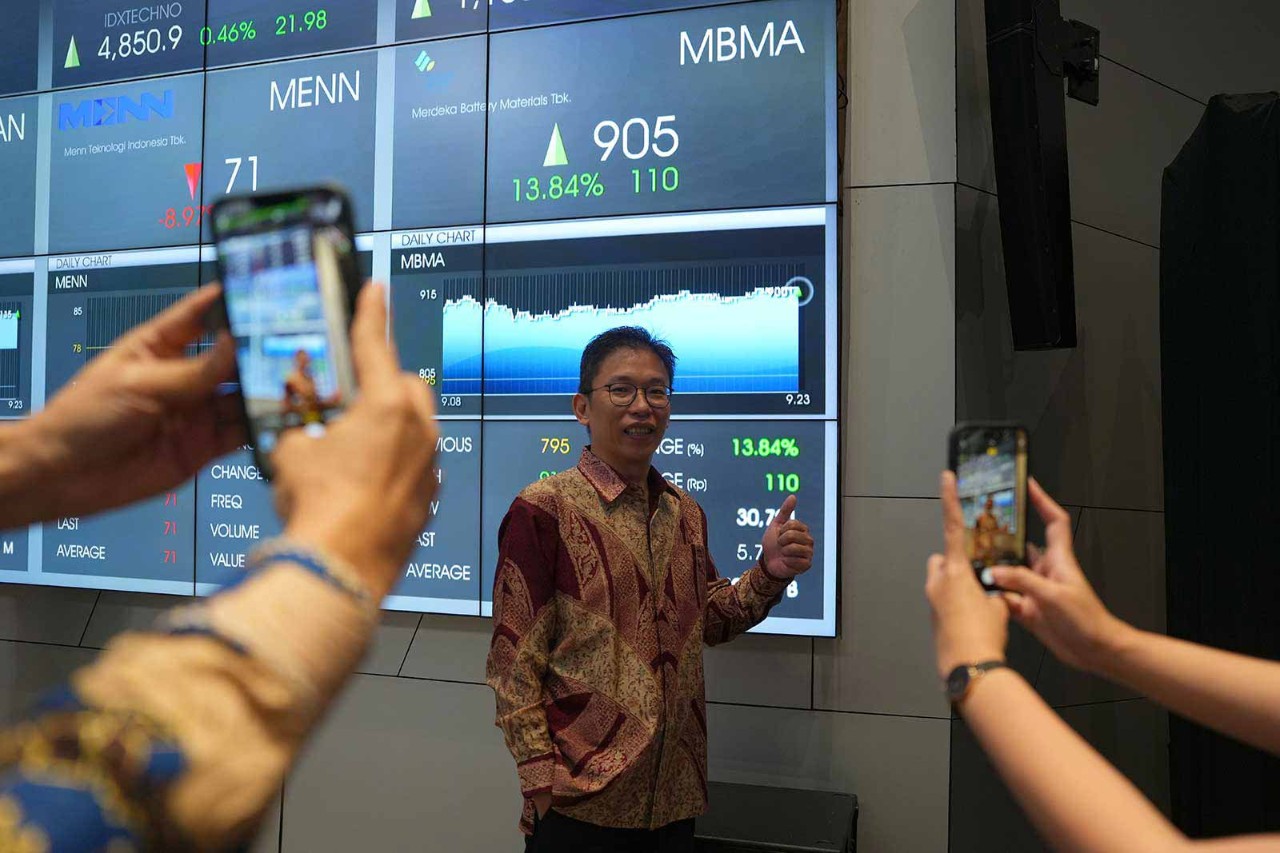
Since July, Malaysia has experienced a surge in economic policy pronouncements, and it looks like the crescendo will come this month, when the government tables its Budget 2024 in parliament.
As usual, much of the anticipation centres on the fiscal proposals to manage expenditure and grow revenue. People are particularly interested to see how the government intends to rebuild the subsidy system to ensure that help is given to those who need it most, and whether new taxes will be introduced, including the revival of the goods and services tax.
A subsidy revamp and additional taxes are certainly consequential, but it would be a terrible mistake to be preoccupied with them to the point that the big picture goes out of focus.
This inability to appreciate and abide by long-term planning and holistic solutions is partly to blame for the current concerns over Malaysia’s economic strength. Cracks have appeared and widened over the years. Cosmetic repairs are poor substitutes for much-needed structural improvements.

The Madani Economy framework is a platform to elevate the dignity and status of the nation
Dignity and status
When launching a new economic framework for Malaysia on 27 July, Prime Minister Datuk Seri Anwar Ibrahim, who is also finance minister, said the country is ‘caught in a vicious cycle of high costs, low wages, low profits and a lack of competitiveness’.
He added: ‘We need a comprehensive and fresh economic framework. We need a new economic paradigm.’
The Madani Economy framework that he unveiled that day is based on the ‘Malaysia Madani’ concept touted by his administration. Madani is a Malay acronym that refers to the concept’s core values: sustainability, prosperity, innovation, respect, trust, and care and compassion.
According to Anwar, the Madani Economy framework is a platform to elevate the dignity and status of the nation by enabling Malaysia to become a leading Asian economy and ensuring that the country’s enlarged wealth benefits the people equitably.
The global competition for trade, investments and talent is fierce and demands quick responses
The framework lists several targets that should be achieved within the next decade, including making Malaysia one of the world’s top 30 economies.
In broad strokes, the framework envisions economic restructuring initiatives that boost regionalisation, competitiveness and economic complexity, and allow Malaysia to move up the value chain. It also calls for equal opportunity and a decent standard of living and social protection for all, through policies and incentives that promote quality job creation, appropriate wages and conducive working environments.
On a mission
Anwar noted that the framework would serve as the foundation for several other specific policies that would be announced later. Since then, three major economic policy documents have been released.
The economy ministry’s National Energy Transition Roadmap spells out how Malaysia will accelerate energy transition and change the way energy is generated so as to improve climate resilience. The ministry says the roadmap represents ‘a new way of thinking to fundamentally transform Malaysia’s economy and livelihoods for a stronger and more resilient future’.
Branding, sloganeering and impressive documents can only do so much; people want to see concrete results
Next was the New Industrial Master Plan 2030, which differs from the three previous ones thanks to its mission-based approach to steer the development of the manufacturing and manufacturing-related services sectors. The missions are to advance economic complexity, lift the country to a higher technology level, push for net zero, and safeguard economic security and inclusivity.
The Mid-Term Review of the 12th Malaysia Plan was tabled and debated in the House of Representatives during a special sitting from 11-19 September. The review led to the revision of policies and strategies so that they are in line with the aspirations of the Madani Economy framework.
New directions
The past two months or so has provided a tremendous amount of information on new ideas and directions for the economic management of Malaysia. This is understandable because taking time to institute incremental changes is a luxury. The global competition for trade, investments and talent is fierce and demands quick responses.
In addition, Malaysians are increasingly anxious about the state of the economy as well as day-to-day matters such as income, cost of living and food security. Political rivalry and the perceived lack of reforms and social justice also add to the urgency.
Macroeconomic management relies on getting the stakeholders to listen to the hum of the economy and to move in sync with the tune of policy. Branding, sloganeering and impressive documents can only do so much. People want to see concrete results. As always, progress needs efficient, effective and earnest implementation of good policies.




